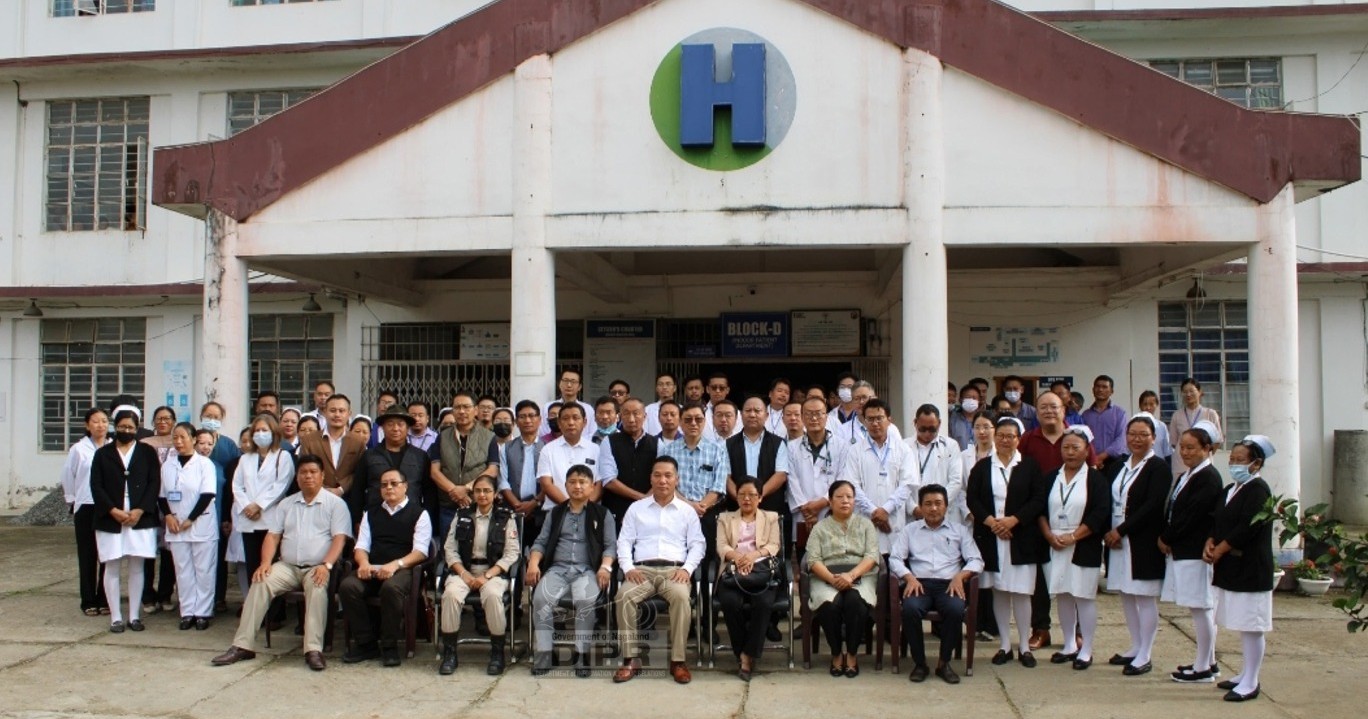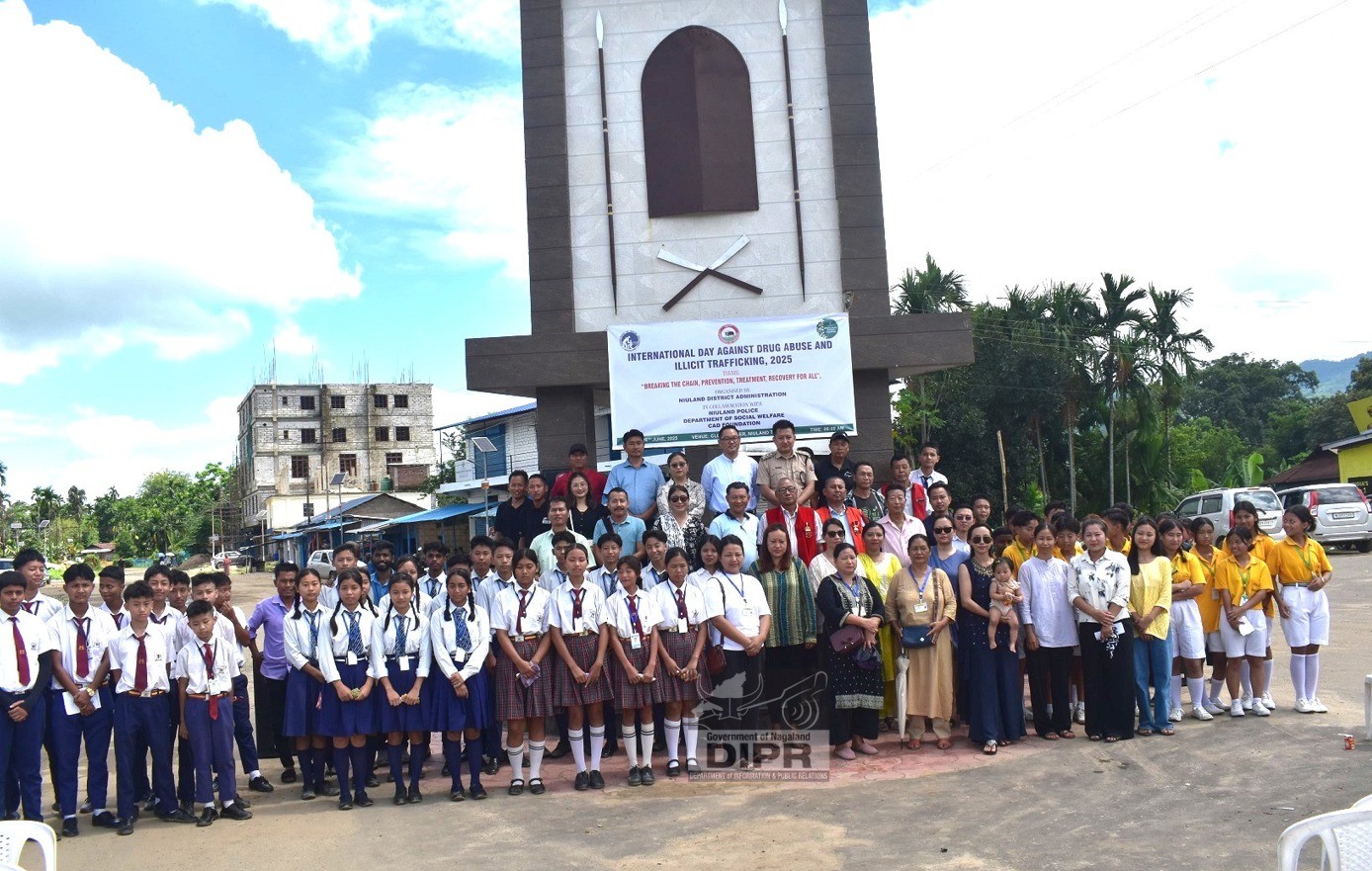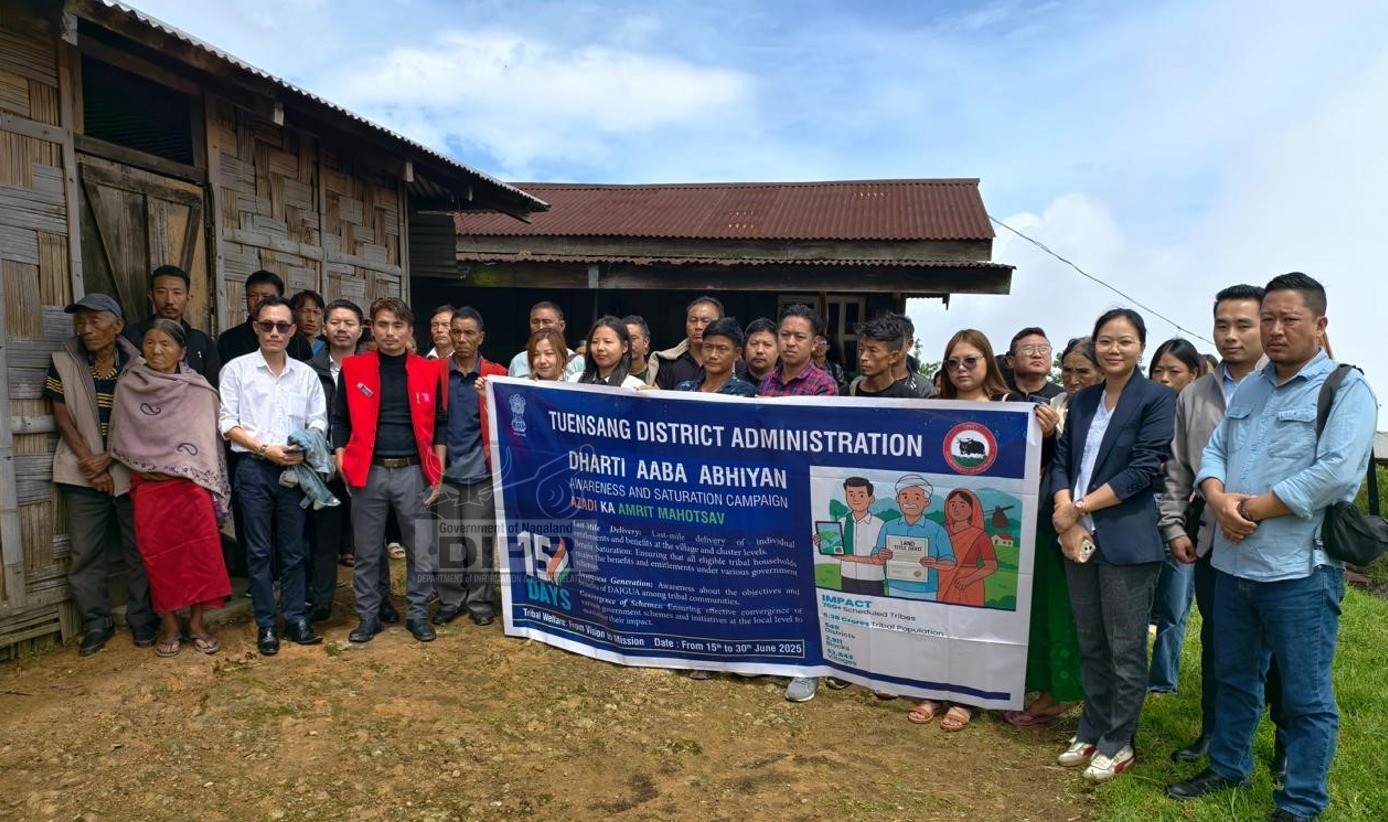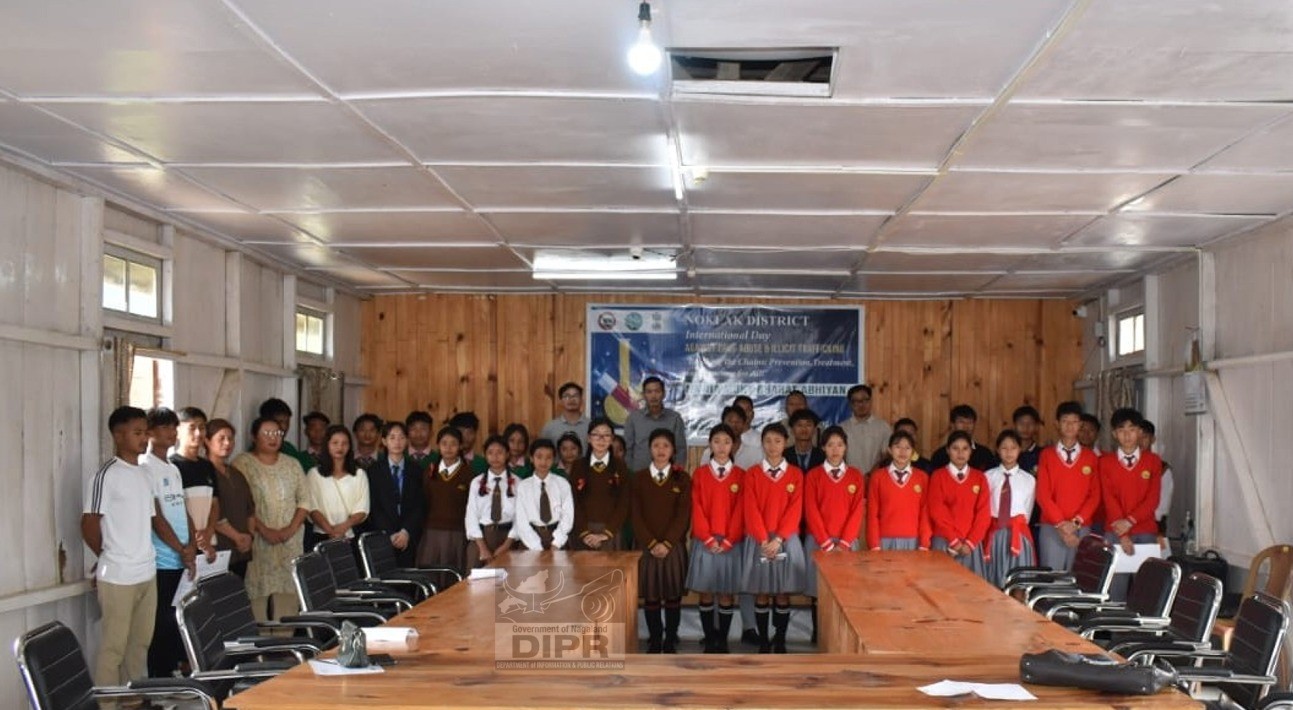A workshop on the Prevention of Hazardous Cleaning of Sewers and Septic Tanks was organized by the Kohima Municipal Council (KMC) under the NAMASTE Scheme at the Super Market Complex, Kohima on 18th October 2024. The event aimed to raise awareness about the dangers of manual scavenging and promote safer, mechanized alternatives.
Sanjay Paul, a partner at Core Skill Tech Solutions LLP, Delhi, served as the resource person for the workshop. He commenced the session with a video presentation, followed by a detailed PowerPoint presentation on the Manual Scavenging Act 2013, which bans manual scavenging in India. He highlighted the legal provisions, and penalties under the Act. Paul elaborated on various types of manual scavenging, the formation of Emergency Response Sanitation Units (ERSUs), and the process flow for cleaning sewer lines.
He also explained the objectives of the NAMASTE Scheme, which aims to eliminate hazardous cleaning practices by replacing manual labor with mechanized systems. The scheme benefits sewer and septic tank workers by offering profiling, safety kits, and preventive measures. Paul stressed the importance of safety precautions and demonstrated Personal Protective Equipment (PPE) and safety devices for sanitation workers.
In addition, he introduced the sanitation workers present to various loan schemes, including the Swachhata Udyami Yojana, which provides financial support for procuring sanitation machinery, and loan options under the NSKFDC.
The event began with a welcome address by Lanusenla Longkumer, CEO of KMC, who briefly outlined the NAMASTE Scheme's objectives. The workshop concluded with a vote of thanks by Neilhouphrelie, CI of KMC.
(DPRO Kohima)





